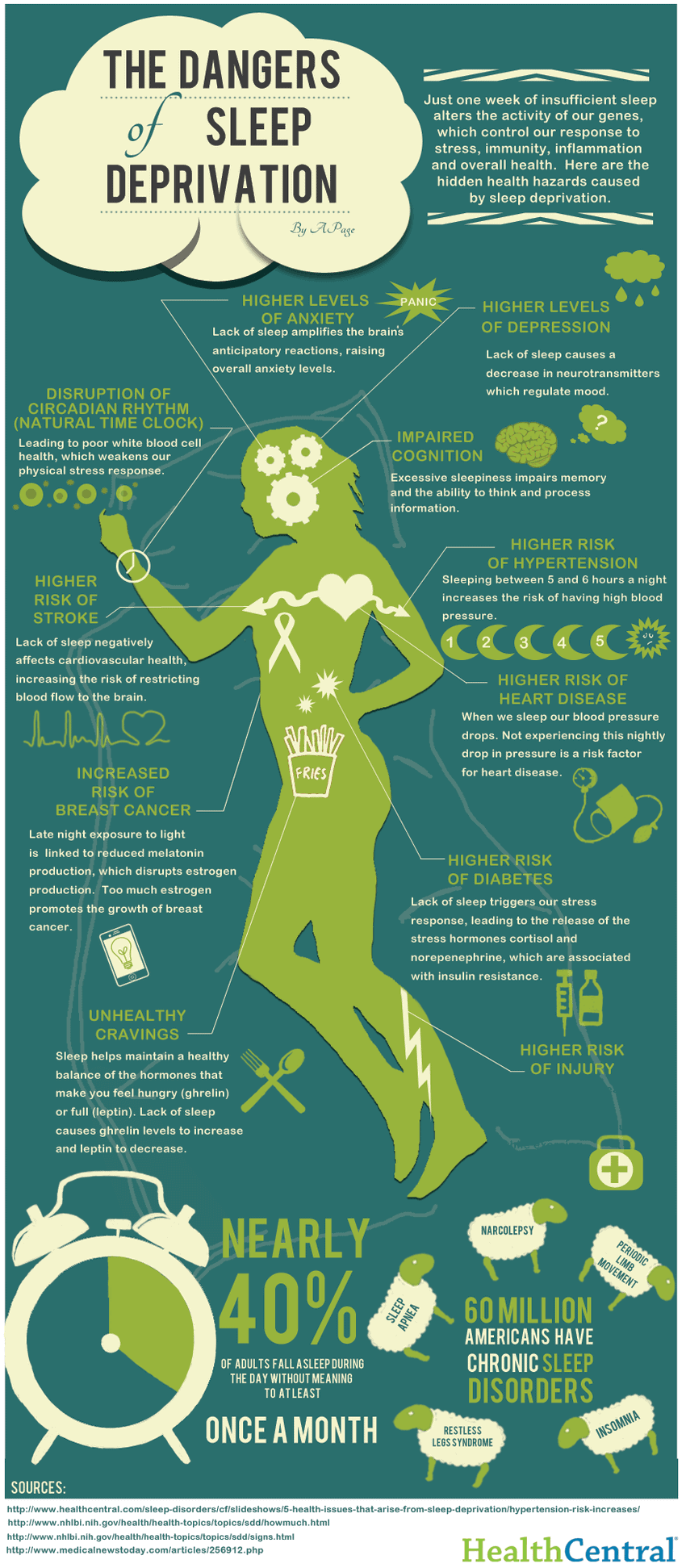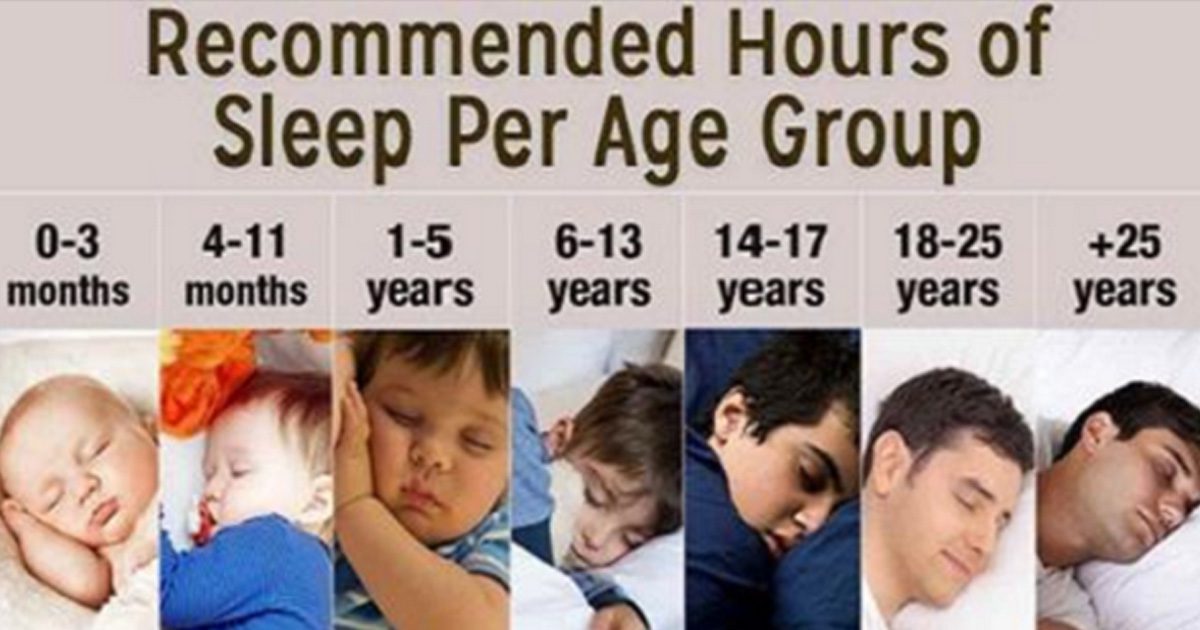

Envision it like a bell curve where eight hours gives rise to maximum performance, and getting any other amount of sleep puts you at a disadvantage. They found that those sleeping in that middle range outperformed everybody else. The researchers looked at, for example, performance on cognitive exercises after participants slept less than eight hours, eight hours, or more than eight hours. In 2018, scholars at the University of Western Ontario backed up this finding with one of the biggest sleep studies ever performed, comparing how 10,000 participants fared after getting varying levels of sleep. What happened is that their bodies resorted to eight to eight-and-a half hours of sleep per night. Already in 1938, Nathaniel Kleitman - credited as the discoverer of the REM sleep phase and father of sleep science - spent 32 days cooped up in a dark, gloomy cave with a student of his to study how much they would naturally sleep without any sunlight. Those eight hours aren’t an arbitrary number. As the sleep deprivation continues, the consequences become worse and build up.” That’s called going into “sleep debt.” Polos adds, “But there are no frank plateaus where at six, this happens, at four, that happens. When you get less sleep than that day after day, the cumulative effects add up proportionally, says Polos. That’s good quality sleep - that is, sleeping through the night with no disturbances or minimal disturbances,” says Peter Polos, M.D., Ph.D., a sleep medicine specialist based in New Jersey. “By the definition, seven to eight hours, on average, should be the amount of sleep one is looking for. So if you’re waking up every few hours to soothe or feed or cradle, how little sleep can you get and still be a functioning adult? Is six hours of sleep enough? What about four, or God forbid, two hours of sleep? This is what you need to know. Of course, sometimes that’s inevitable, like when you have a baby who isn’t ready to sleep through the night. don’t get enough sleep, according to the Centers for Disease Control and Prevention (CDC). “Your brain at night is basically flushing the toilet and letting all the stuff go,” Mednick says. And insomnia is correlated with higher likelihood of developing depression. Sleep quality and length are also linked to emotional intelligence, according to a 2022 study.

Various pieces of research have linked sleep deprivation to poor working memory. “Sleep is one of our basic functions, and it is important because being awake is very energy-consuming, and it's very stressful,” says Sara Mednick, Ph.D., a researcher at the Mednick Sleep and Cognition Lab at the University of California, Irvine. It’s crucial for your mind to work the way it’s supposed to too: It helps the brain clear away clutter and consolidate important information learned during the day. Sleep is necessary for the body to function properly - for tissue and muscles to rest, for the immune system to recharge, for the cardiovascular system to slow down, and to keep metabolism in rhythm.

But sleeping is literally one of the most important things you can do for your body, and it’s responsible for so much of the body’s functioning that it’s hard to fathom how it has ended up being so dispensable for so many of us. That’s a lot of time, especially if you’re pressed for it. On average, we spend about a third of our lives sleeping - more than 9,500 days.


 0 kommentar(er)
0 kommentar(er)
